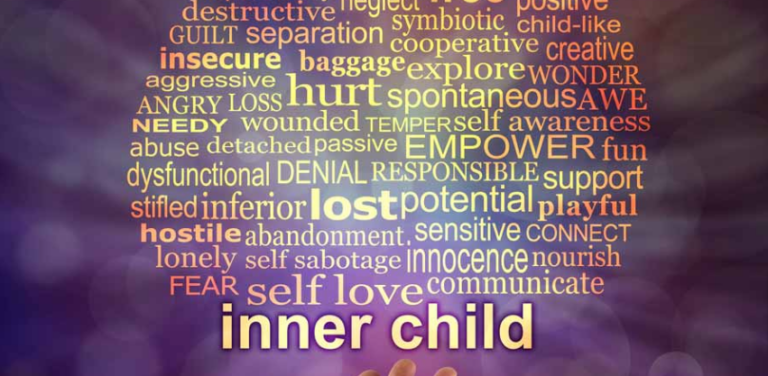Generally, during the first few weeks after a major traumatic event—anything from a car accident to sexual assault to war to a natural disaster, etc.—the initial shock slowly wears off. The dizzying array of feelings and thoughts begin to settle and clear.
But this isn’t always the case– instead of their head completely clearing and life returning to normal, some people suddenly begin to fall apart.
A continued state of panic may start to interfere with their mental focus and sleep patterns. Anxiety, irritability, grief, sadness, guilt, and anger soon follow. Eventually, circumstances that are reminiscent of the traumatic event can trigger flashbacks, intense physical symptoms (heart pounding, difficulty breathing, etc.), overwhelming emotions, panic attacks, and more.

By then, the traumatic event may lie far in the past. But the terror it struck deep inside can hold a person hostage for a long time, producing post-traumatic stress.
How?
What Severe Trauma Does to a Person
A sudden, terrifying event that threatens your life or safety causes massive amounts of stress hormones (adrenaline, cortisol, norepinephrine, etc.) to surge through your body. This wave of chemicals engages your natural fight-or-flight response, which shifts the senses into a hyperalert mode to cope with the emergency.
Once the danger has passed, hormone levels generally begin returning to normal.
However, for some people, that hormonal blast can be so strong that their brain is unable to lower the outpour back to normal levels after the crisis. Or, sometimes, a person may experience repeated trauma for a long period of time, which forces the brain into keeping hormone levels continuously elevated to stay alert for future threats.
How Trauma Leads to PTSD
Excessive or prolonged release of stress hormones creates a massive imbalance in your brain’s chemistry. This essentially changes how your brain functions and responds to stress. Despite the lack of actual danger, you’ll end up in a constant state of alert, panic, and fear.
Additionally, critical remarks from others may keep you from processing your emotions in a healthy way. Instead, you hold on to them and just tuck them away, not to be seen. But deep down, they still exist, gnawing away at you bit-by-bit.
Your brain becomes even more imbalanced. Until it can’t keep the memories locked up anymore.
In time, then, unprocessed feelings get triggered—often completely unexpected. A sound, a smell, an unforeseen encounter with an object connected to the traumatic event, or even finding yourself in a similar situation or place, all can be triggers. The emotional, mental, and physical symptoms that suddenly explode may be absolutely horrendous and can overwhelm your ability to cope.
The post-traumatic cycle begins.
If the extreme stress symptoms persist for more than a month and severely disrupt your everyday life, Post-Traumatic Stress Disorder (PTSD) is usually diagnosed. It doesn’t matter if PTSD symptoms began shortly after the traumatic experience or if they were delayed for months. In either case, professional help is crucial for healing.
Freedom from PTSD Is Possible
Of course, there are self-help methods that can teach you how to cope (to an extent) when painful emotions and dark memories surface. But PTSD is a serious mental health problem that needs just as serious attention or it will rule and limit your life.
The sooner you get professional help and treatment, the easier you can overcome it. Numbing yourself or pushing the painful memories away will only make PTSD worse, leave you exhausted, and harm the relationships you hold most dear.
Remember, PTSD is not your fault. It’s not a sign of weakness!
The only way to beat it is to process what happened. To do that, you’ll need an experienced therapist by your side to guide and support you. It’s also important to know that we can work through the trauma, in a way and at a pace that’s right for you.
I would like to be that support if you’re ready to regain control of your life. Please, feel free to contact me today.






